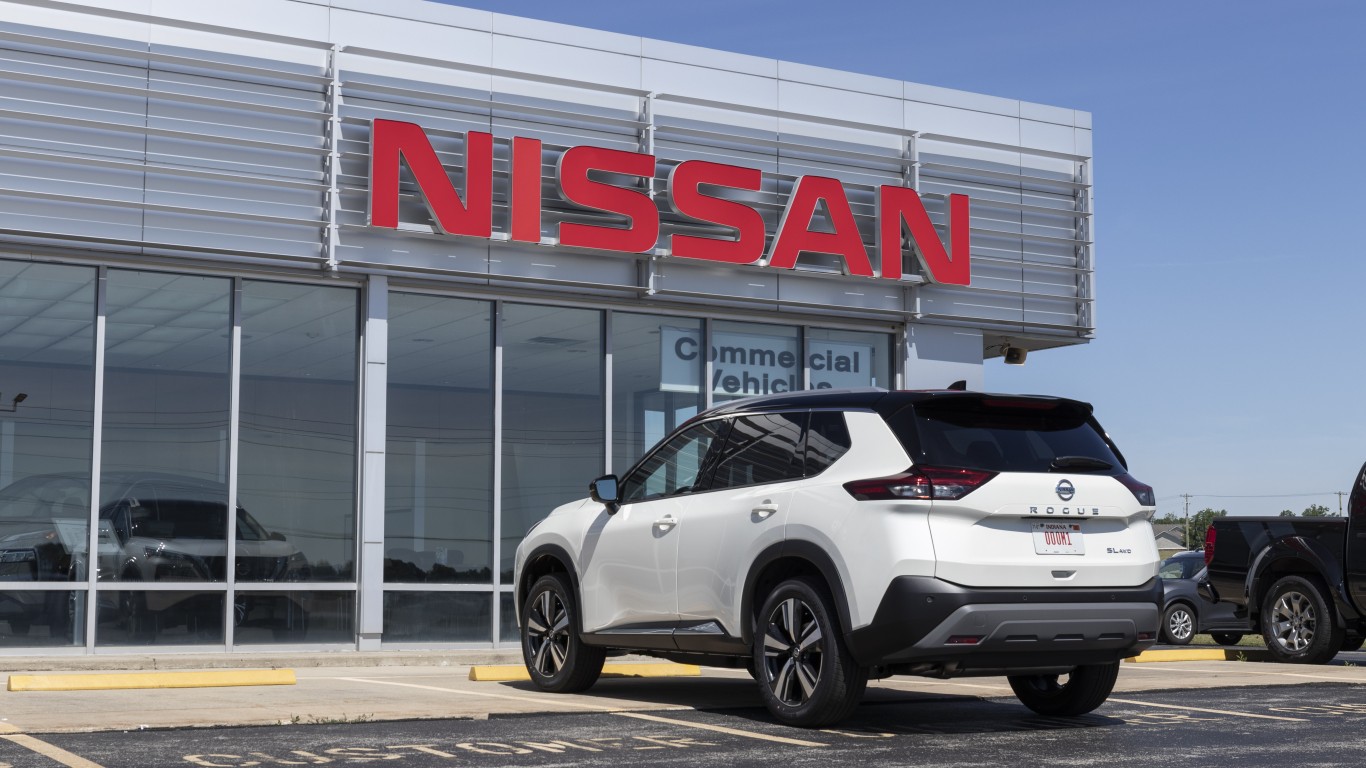
First available from Nissan for the 2008 model year, the Nissan Rogue is a compact crossover SUV. Competing with the Ford Escape, Hyundai Tucson, and the Honda CR-V, the Rogue is currently Nissan’s best-selling vehicle in the United States. Making its debut at the North American International Auto Show in Detroit, the Rogue was built to be the eventual successor to Nissan’s popular Xterra model.
First available in three trim levels, the Rogue was also introduced with both front-wheel and all-wheel drive. Of course, like any vehicle, the Rogue’s tenure hasn’t been without issue so let’s take a look at the best and worst years of the Nissan Rogue.
Avoid: 2011
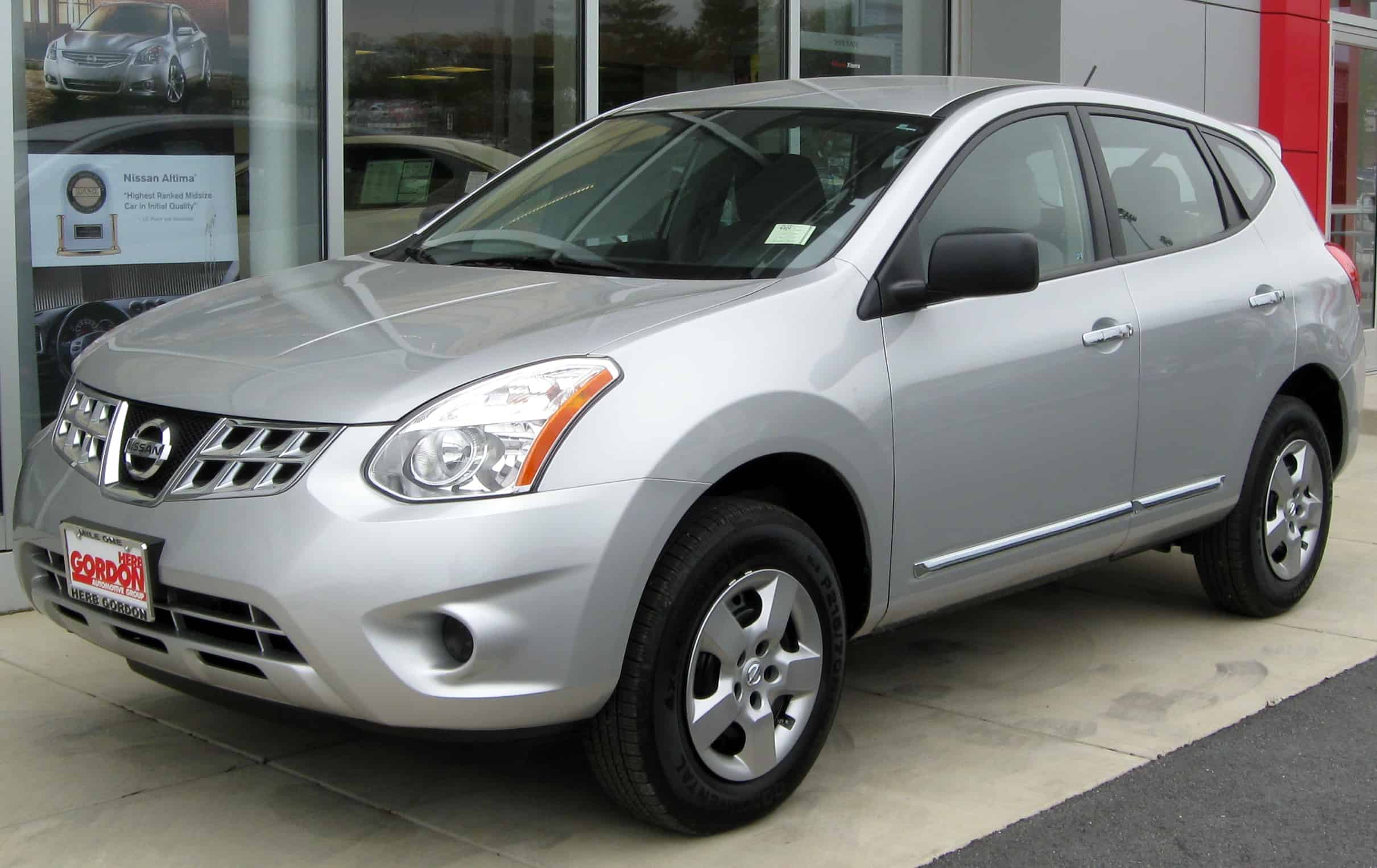
While the first two years of the Nissan Rogue were not without issues, the first really big problems surfaced in 2011. According to CarComplaints.com, the Rogue received 634 different NHTSA (National Highway Transportation and Safety Administration) complaints in 2011. The most problematic of these complaints involved powertrain issues.
Along with these issues, there was a decline in safety ratings which should give anyone looking to purchase the 2011 model pause. Annual maintenance costs for 2011 also run higher than many other years averaging around $839. This definitely should be considered when looking at used models.
Avoid: 2013
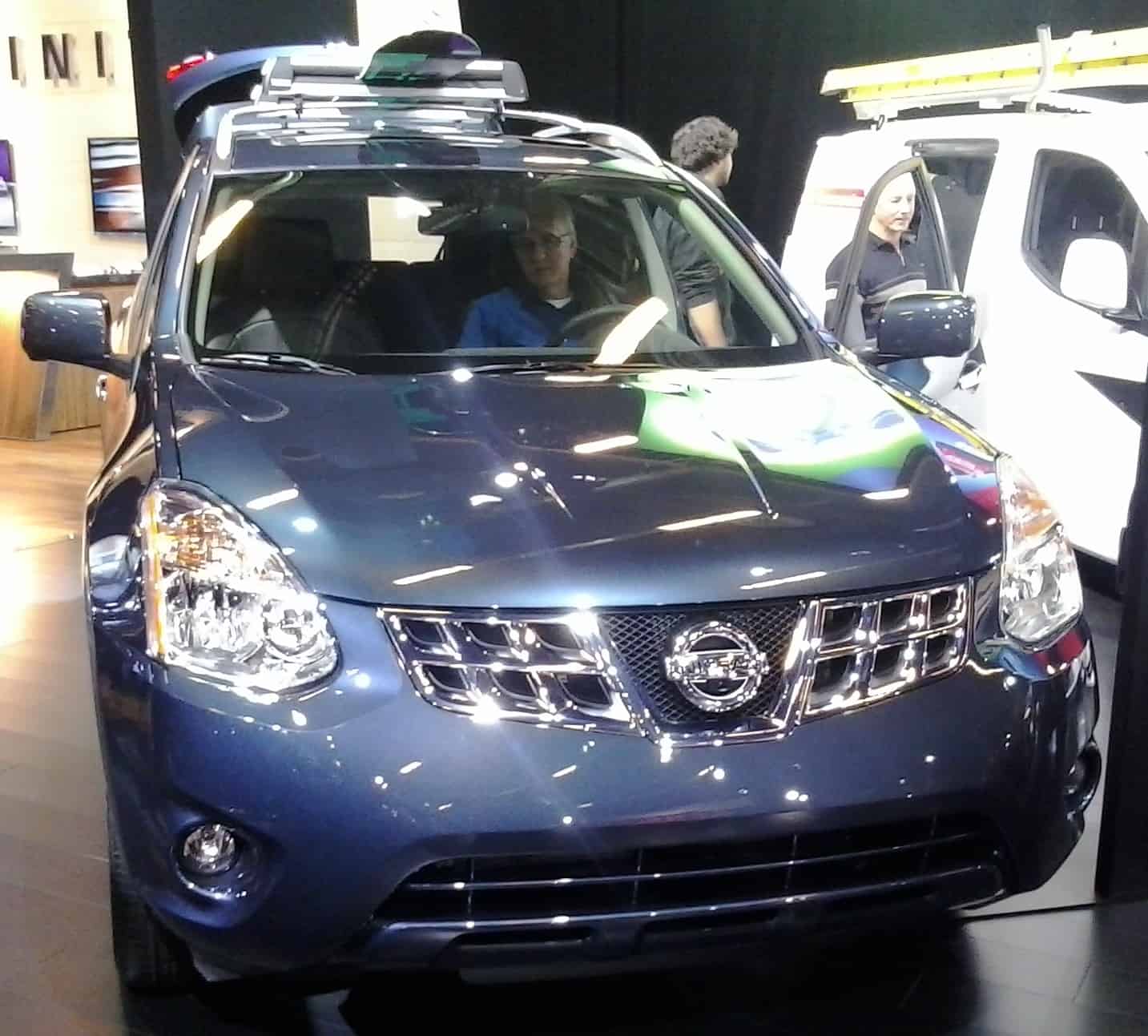
Arguably the worst model in the Nissan Rogue’s history, the 2013 Nissan Rogue was plagued with NHTSA issues. Chief among the complaints was no power when accelerating, the car shutting down while driving, grinding noises at startup, or the check engine light staying on indefinitely. Despite all of the issues this year, Nissan only made one recall in 2013 which focused on the transmission.
Even some strong interior additions to the Rogue lineup including Bose audio, a moonroof, and navigation weren’t enough to overlook 2013 model year issues. What’s worse was these new moonroofs were also the source of not just rattling noises, but some customers suffered from exploding sunroofs. A class-action lawsuit was even filed to try and provide customers with some relief.
Avoid: 2014
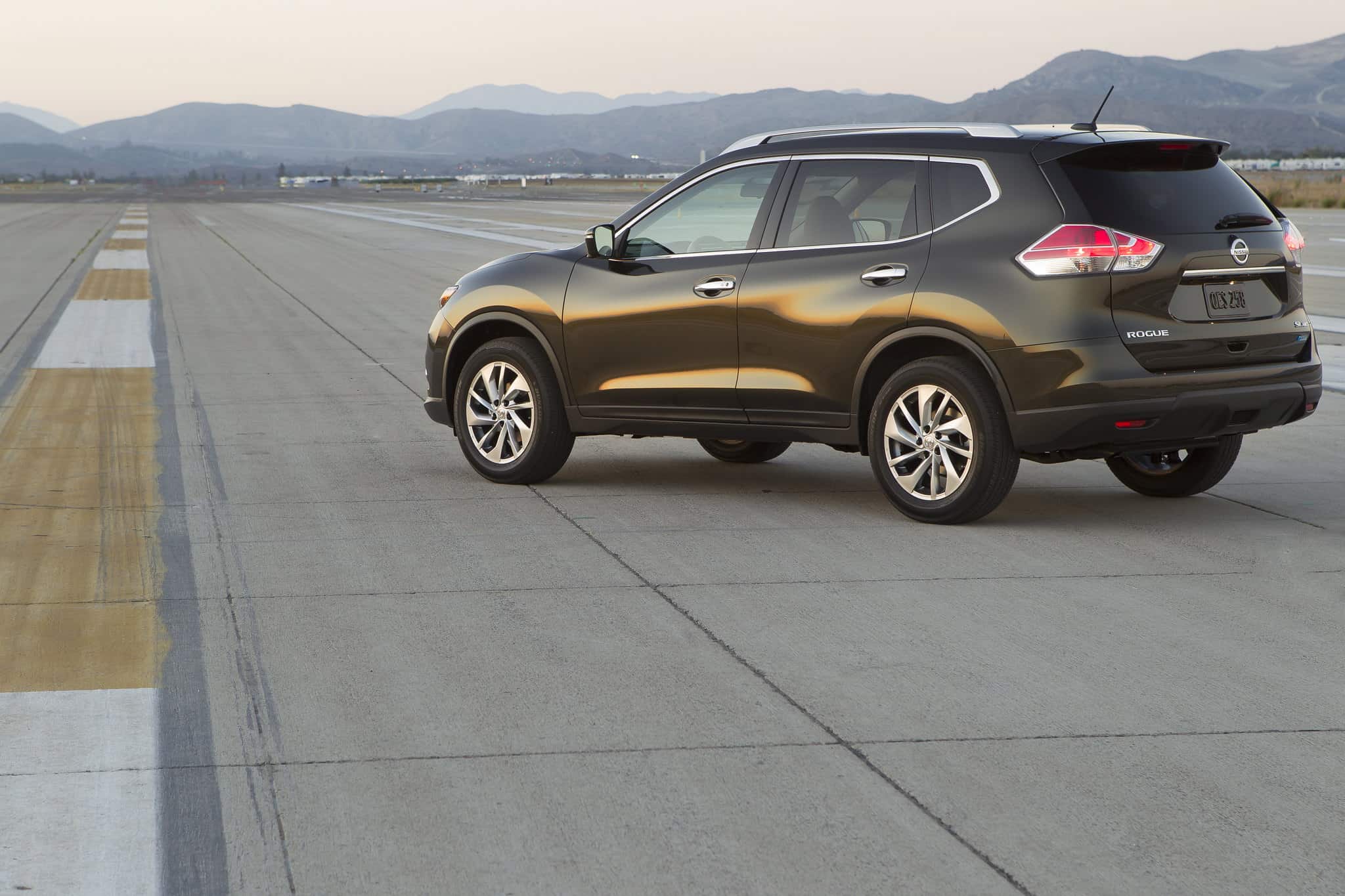
With 724 NHTSA complaints, there was little doubt the 2014 model year for the Nissan Rogue was worth avoiding. Chief among the complaints was a spate of various engine and airbag problems. For the former, you had issues with the 2014 Rogue not starting or not moving when you stepped on the gas.
However, airbags were another matter as customers suffered from airbag lights coming on randomly or the airbags simply not working upon impact. Regardless of which issue 2014 Rogue owners were dealing with, it’s a clear sign this was not a model year to be purchased. These issues and more would lead to Nissan putting out 9 recalls for the 2014 Rogue.
Avoid: 2015
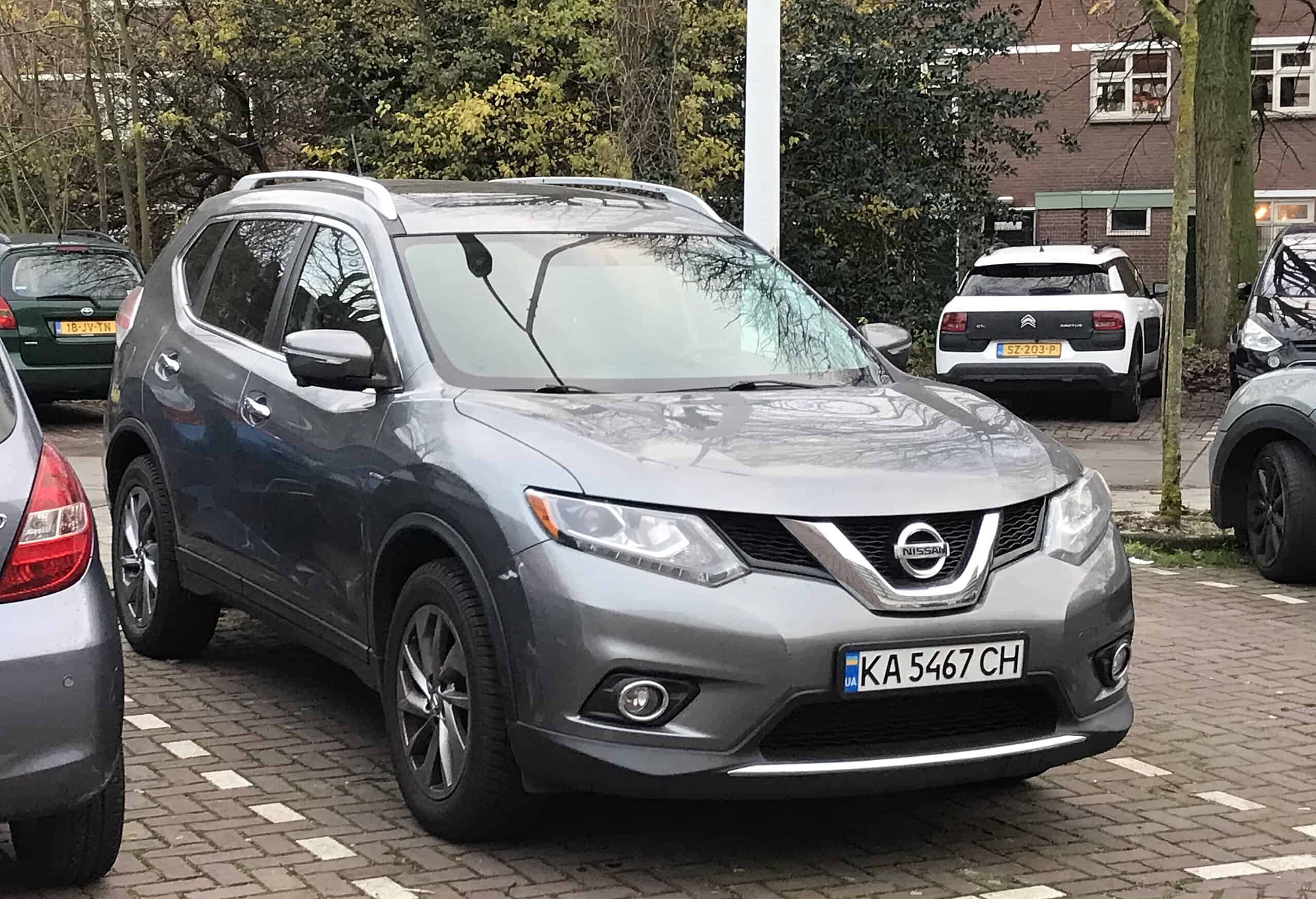
When you think through yet another model year in a row being among the worst for the Nissan Rogue, you have to wonder what the company was thinking. Why did these issues persist as 2018 saw another 800 complaints arrive at the NHTSA? Yet again, the biggest issues focused on airbag deployment which was a major safety issue that should have been promptly fixed.
Add in an even larger number of complaints in 2015 for drivetrain problems, and Nissan appears to be struggling with overall manufacturing quality. Between no acceleration or the engine just shuddering, owners of the 2015 Rogue admitted to being fearful as these issues happened while driving.
Avoid: 2016
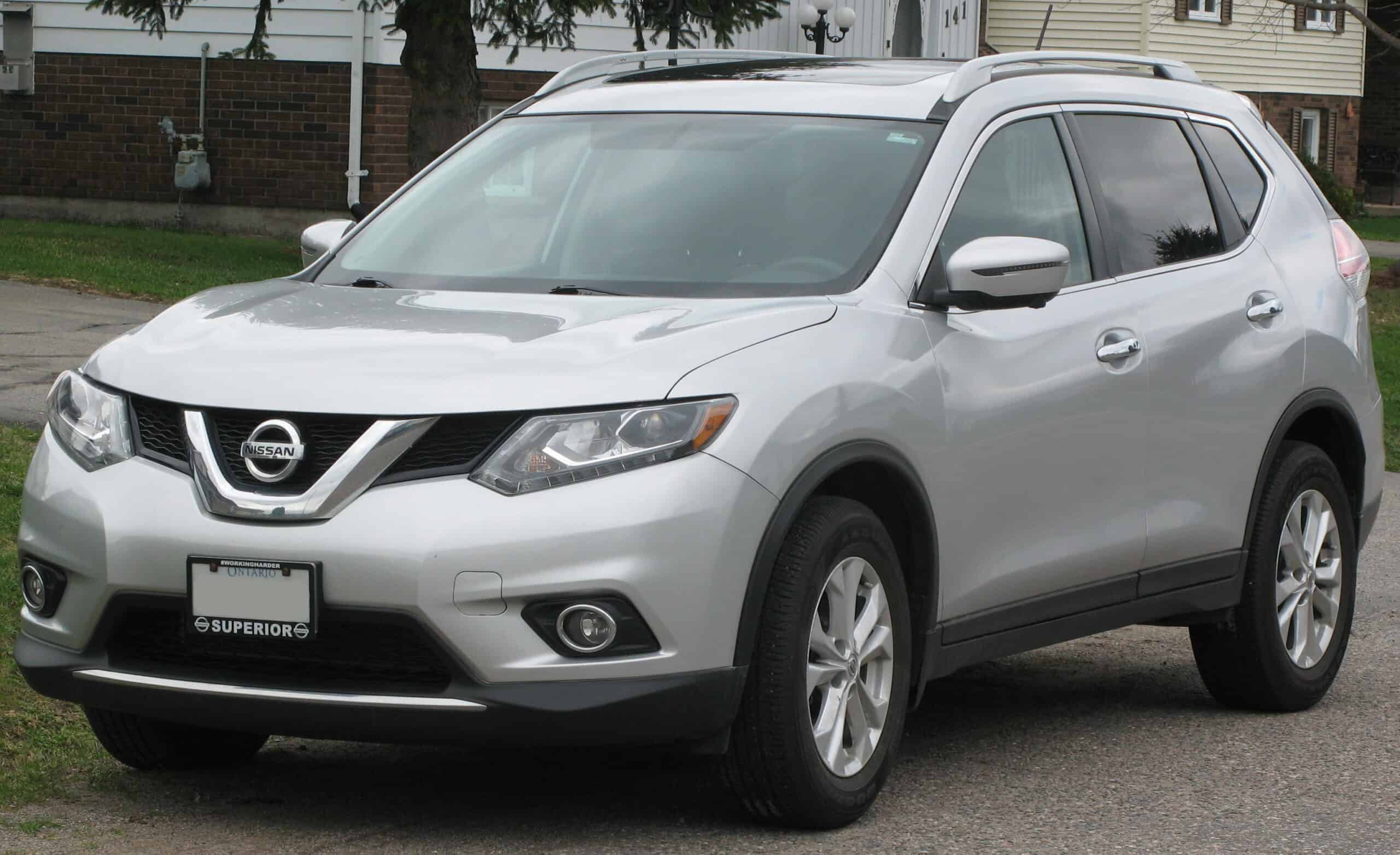
The good news for the 2016 Nissan Rogue is that NHTSA complaints fell year-over-year. However, there were still 751 total complaints, so 2016 was far from a banner year for Rogue owners. In 2016, there was a slight change related to the largest issues with the electrical problems were front and center. Between burning odors, stalling engines, and defective wiring, there was a definite concern over the quality of the electrical system for the 2016 Nissan Rogue.
Add in reports of CVT transmission issues, and this entire streak of model years should be avoided entirely. Even acceleration continued to be an issue across 2016 in a clear sign Nissan was not taking the right steps to fix years-long problems. Customers have made it clear the 2016 Nissan Rogue is a must-avoid.
Own: 2017
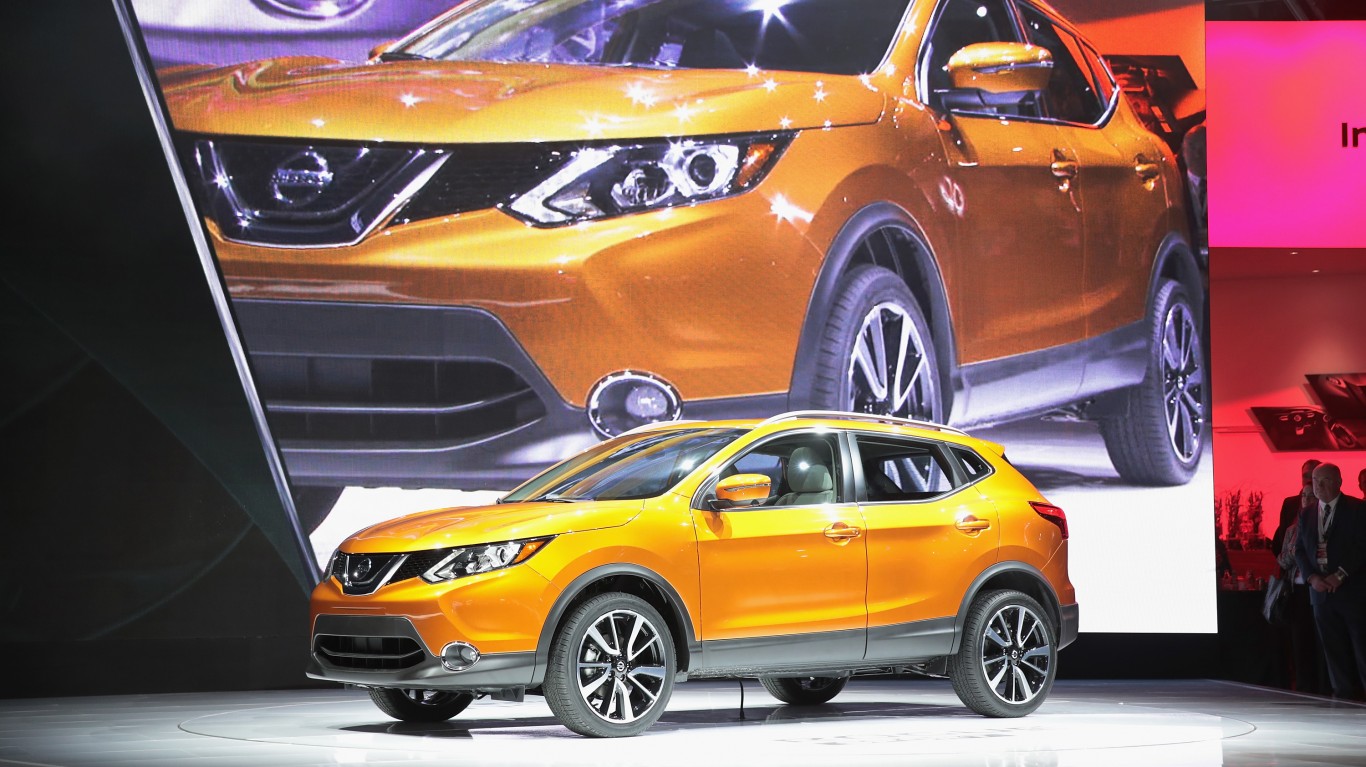
For the 2017 model owners of the Rogue, the good news is that things were looking much improved for Nissan’s best-selling vehicle. Even though Nissan was still focused on using its 2.5L engine, overall improvements to the CVT and power delivery were beginning to show up for owners. Infotainment updates, long an issue with Rogue owners, were making their way into the vehicle’s different trim levels in 2017.
Further validating Nissan’s improvements in 2017, the Rogue was named a Top Safety Pick by the NHTSA, something the vehicle hadn’t been able to do for years. Better yet, the Rogue won a Top Safety Pick Plus rating by the IIHS, a double bonus for Rogue owners looking for a safe vehicle.
Own: 2019
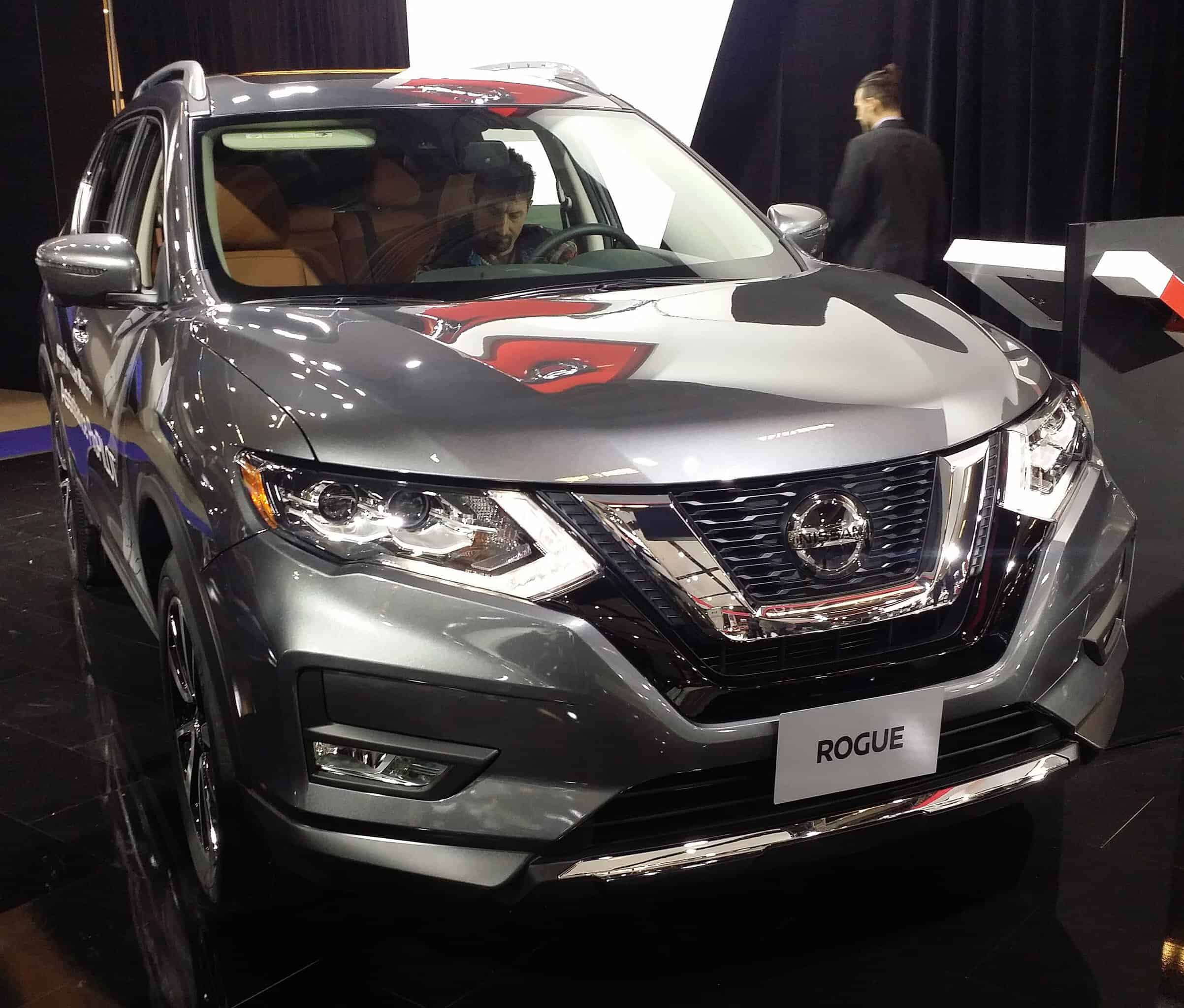
While the 2017 model started to show improvements, it was 2019 when the first really impressive Rogue models started to arrive. As the total number of NHTSA complaints dropped to 389, there was a definite interest in the Rogue re-establishing itself in consumer minds as a vehicle to consider. While transmission issues persisted, improvements were on the way.
One of the reasons the Rogue saw big improvements was the introduction of the 2.5L QR25DE four-cylinder engine. Pushing the Rogue to 170 HP, this was a far more reliable CVT transmission. The fuel economy also improved to 26 city mpg and 33 highway mpg. For customers, the introduction of new safety features like ProPILOT Assist, Apple CarPlay, and Android Auto was welcomed.
Own: 2020
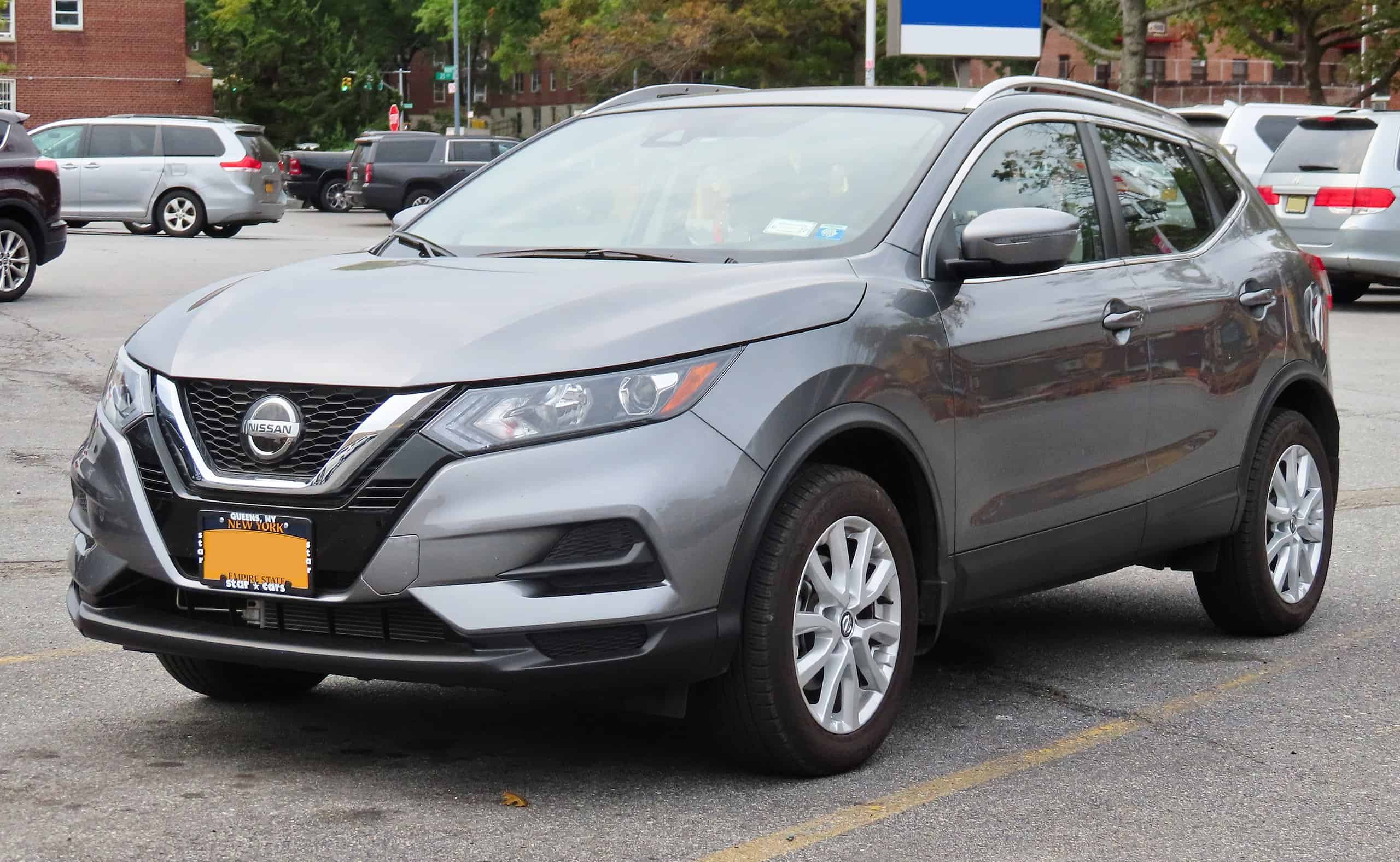
When it comes to Nissan Rogue issues, 2020 was a pretty terrific year. With only 131 complaints reported to the NHTSA, everything pointed in the right direction for the company. While there were some brake problems and some lingering electrical issues with a few vehicles, Nissan seemed to have the Rogue running well.
One of the better highlights included an increase in fuel efficiency. At 28 MPG, the Rogue was very competitive with industry competitors. On top of that, the continued strong safety reports indicate that the Nissan Rogue had eliminated a lot of the lingering safety concerns from the 2010s. Even FIXD.com gave the Nissan Rogue a perfect 10 out of 10 on its safety rating.
Own: 2021
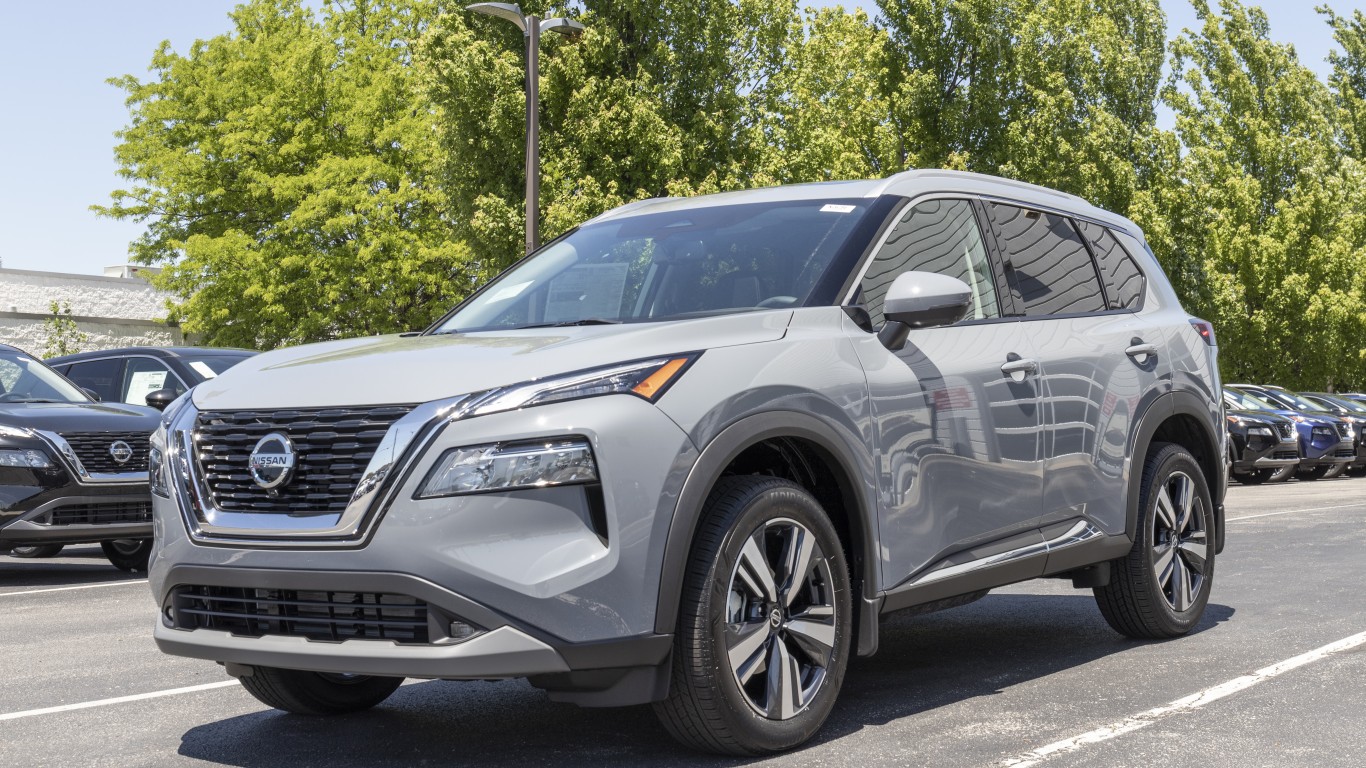
Even though the 2021 Nissan Rogue took a small step backward with 189 NHTSA complaints, it was still very good overall. This year also marked the launch of the 3rd generation Nissan Rogue with a direct-injected 2.5L inline-4 engine. The uptick to 181 horsepower came along with a slight bump in fuel efficiency.
Overall, the 2021 model should be purchased with a high level of confidence that it will last for years to come. This said the increased NHTSA complaints focused heavily on miscellaneous issues like roof rails leaking, side view motors vibrating, or other minor electrical issues. Fortunately, none of these warranted a massive recall or prompted Nissan to take broad action.
Own: 2022
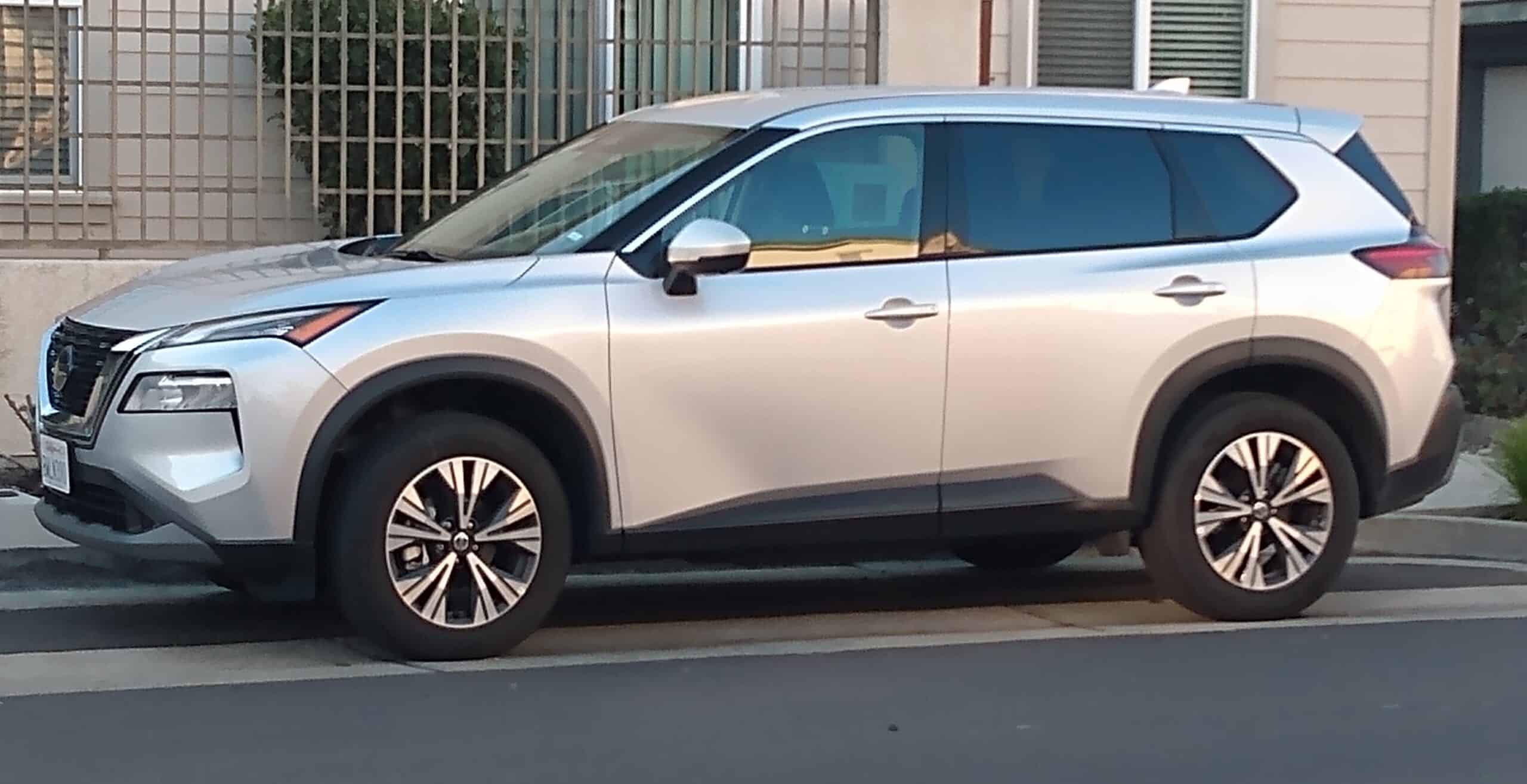
After 2021, the NHTSA complaints for the Nissan Rogue dropped pretty significantly. In 2022, Nissan only received 81 total complaints from the NHTSA from customers. Instead, customers were relatively happy overall with a jump to a standard 9-inch infotainment touchscreen. In addition, you have ProPILOT Assist with navigation link and wireless Apple CarPlay.
Also add in a bump to 30 city mpg and 37 highway mpg fuel consumption and the 2022 Nissan Rogue very much stands out. Compared to the Ford Escape, Nissan offers a smoother ride and a slightly upgraded interior. Whether that’s worth a few extra thousand is up to the buyer, but the 2022 model remains the Nissan Rogue to beat.
Get Ready To Retire (Sponsored)
Start by taking a quick retirement quiz from SmartAsset that will match you with up to 3 financial advisors that serve your area and beyond in 5 minutes, or less.
Each advisor has been vetted by SmartAsset and is held to a fiduciary standard to act in your best interests.
Here’s how it works:
1. Answer SmartAsset advisor match quiz
2. Review your pre-screened matches at your leisure. Check out the advisors’ profiles.
3. Speak with advisors at no cost to you. Have an introductory call on the phone or introduction in person and choose whom to work with in the future
Thank you for reading! Have some feedback for us?
Contact the 24/7 Wall St. editorial team.




